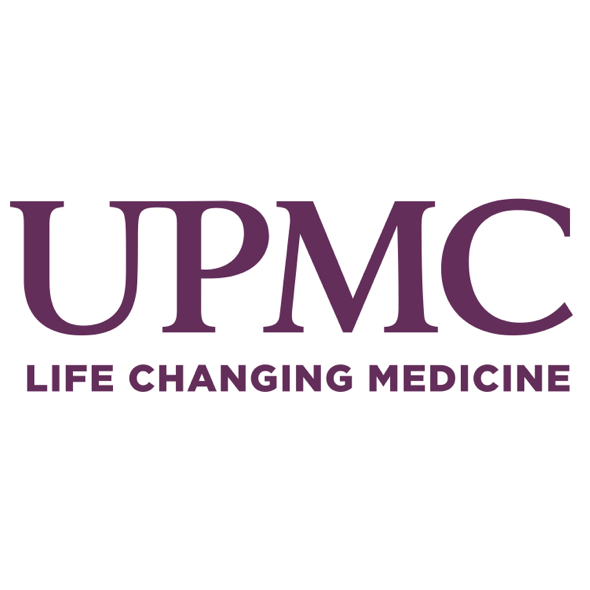Residency Navigator
UPMC Medical Education
Psychiatry Residency Program · Pittsburgh, PA
The Residency Training Program at UPMC Western Psychiatric Hospital (WPH) offers many training options, for a total of 84 residents and fellows: General Psychiatry, Child and Adolescent Psychiatry (CAP), Triple Board (pediatrics, general psychiatry, CAP) and Combined Family Medicine and Psychiatry programs. Residents may also participate in an Academic Administrator, Clinician Educator (AACE) Track or the Psychiatry Research Pathway (PRP). We also offer Fellowships in Geriatric, Addiction, Consultation-Liaison, Interventional and Public Service Psychiatry. We provide rigorous, comprehensive instruction in a challenging yet supportive atmosphere with active mentorship. Trainees take advantage of academic and clinical experiences in psychopharmacology, psychotherapy, neurosciences, public and community psychiatry, and psychiatric research as well as quality improvement and health services research. Faculty are accessible and highly invested in training. Residents learn to weigh and synthesize ideas and use evidence-based medicine approaches. This empirical approach to training is the thread that unites our increasingly diverse academic family.
Ratings & Reviews §
215 ratings and 45 reviews collected from current residents and alumni
Overall Satisfaction
Work Hours
Schedule Flexibility
Career Guidance
Culture
Clinical Diversity
Full access is free for physicians and medical students
The Residency Training Program at UPMC Western Psychiatric Hospital (WPH) offers many training options, for a total of 84 residents and fellows: General Psychiatry, Child and Adolescent Psychiatry (CAP), Triple Board (pediatrics, general psychiatry, CAP) and Combined Family Medicine and Psychiatry programs. Residents may also participate in an Academic Administrator, Clinician Educator (AACE) Track or the Psychiatry Research Pathway (PRP). We also offer Fellowships in Geriatric, Addiction, Consultation-Liaison, Interventional and Public Service Psychiatry. We provide rigorous, comprehensive instruction in a challenging yet supportive atmosphere with active mentorship. Trainees take advantage of academic and clinical experiences in psychopharmacology, psychotherapy, neurosciences, public and community psychiatry, and psychiatric research as well as quality improvement and health services research. Faculty are accessible and highly invested in training. Residents learn to weigh and synthesize ideas and use evidence-based medicine approaches. This empirical approach to training is the thread that unites our increasingly diverse academic family.
Program Coordinators
Meghan E Wander
Eric Thut
15 positions
Available Per Cycle
94th percentile
Alumni Publication Percentile
85th percentile
Alumni Clinical Trial Percentile
1944
Founding Year
